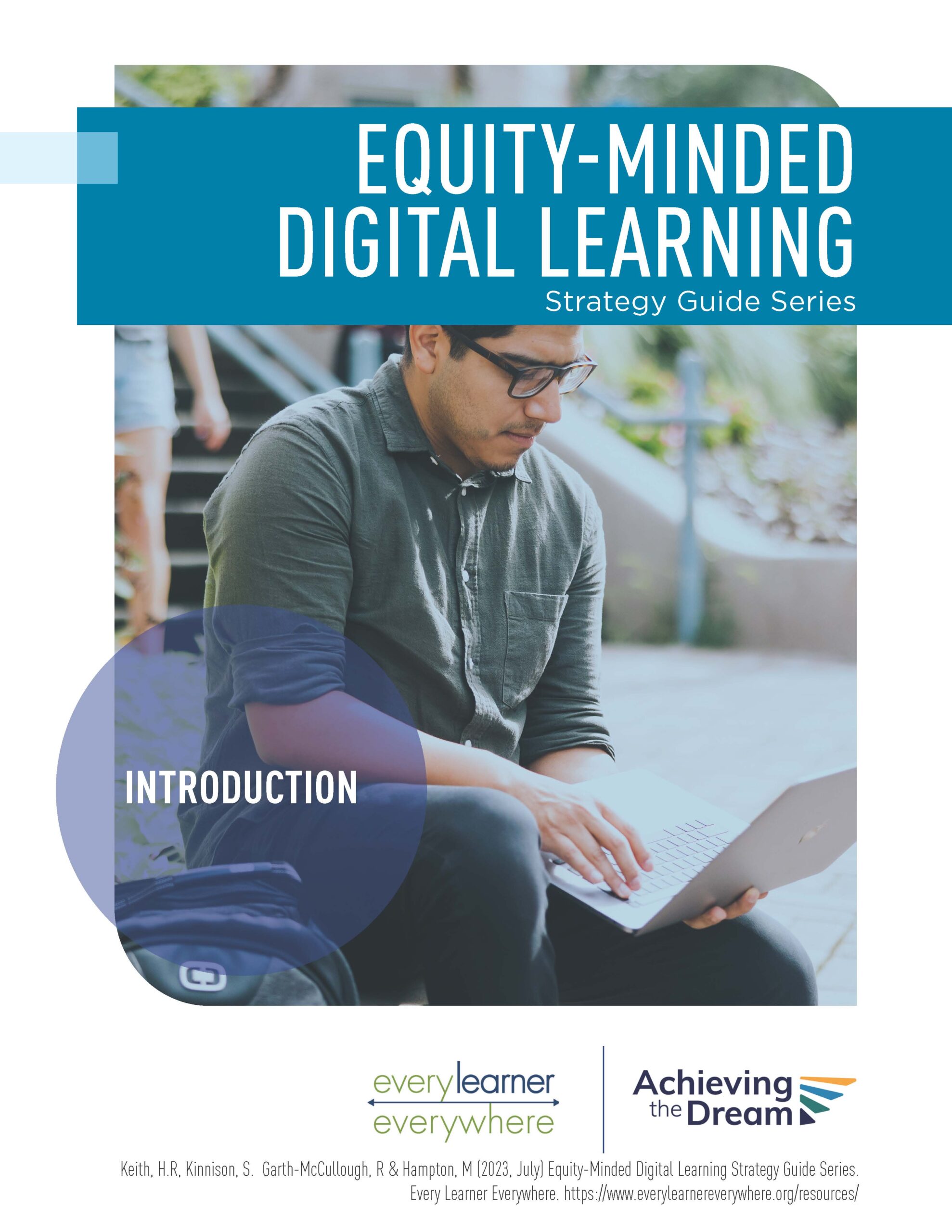
The Equity-Minded Digital Learning Strategy Guides help faculty intentionally and authentically affirm, uplift, and liberate students. As higher education continues to address eliminating inequitable outcomes in teaching and learning, these guides will help institutions embed equity, culturally responsive teaching, social justice education, and open pedagogy through evidence-based teaching practices.
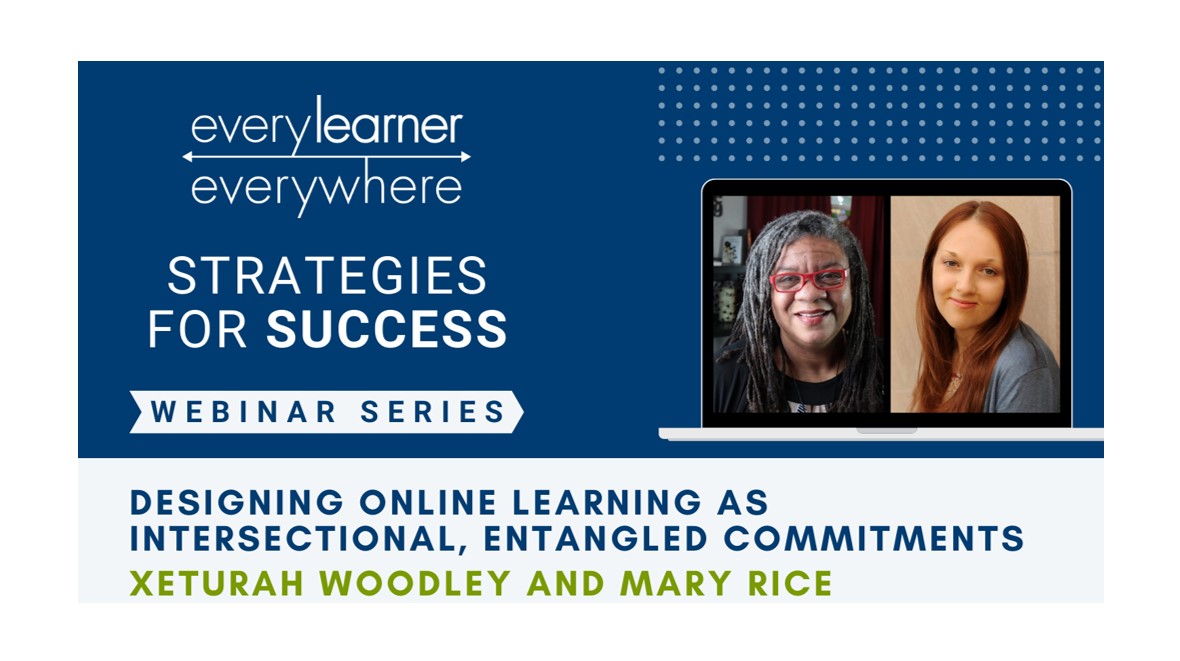
Dr. Mary Rice and Dr. Xeturah Woodley engage in a conversation about the renewal that emerges alongside intersectional online course design.
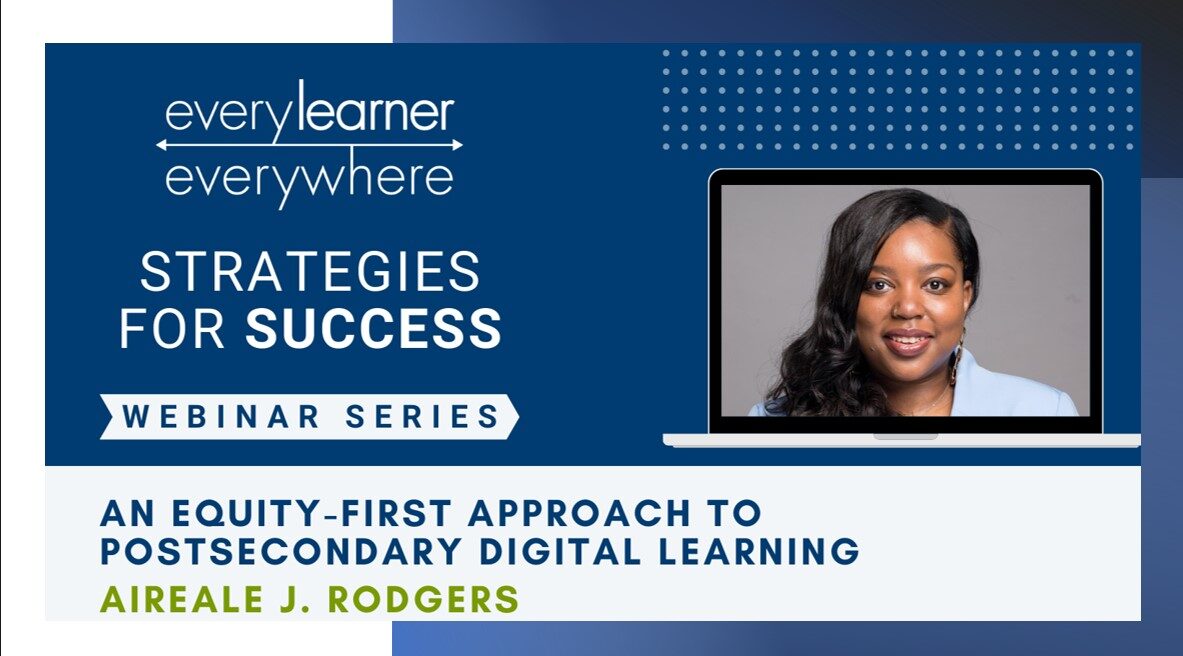
Dr. Aireale Rodgers introduces the Equity First Framework for Digital Learning: a tool to support equitable and just student learning.
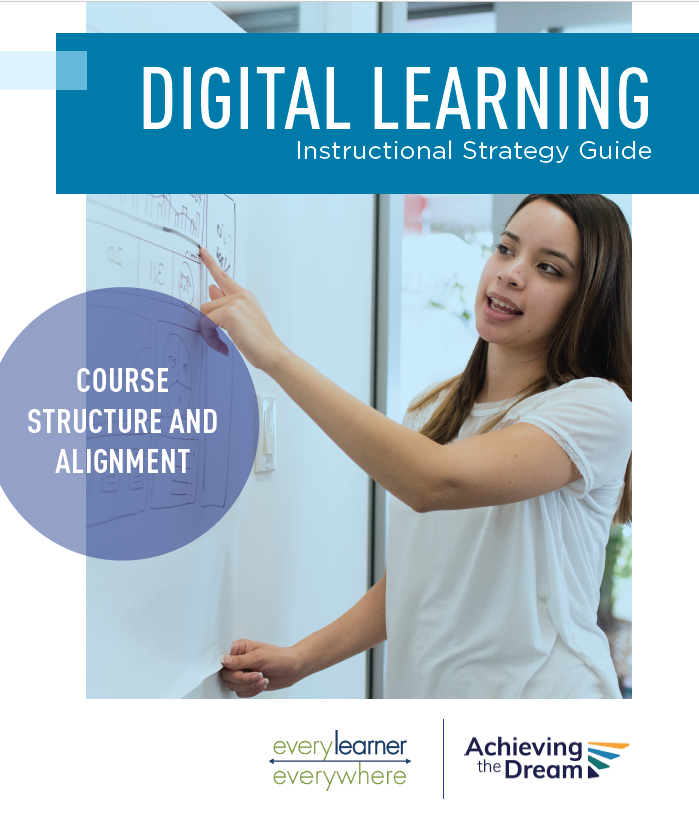
This strategy guide walks faculty through a 6-step process of designing a course that maximizes student learning.
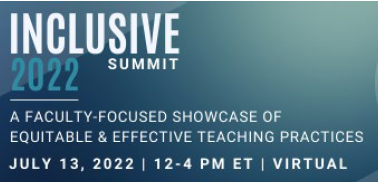
A webinar for faculty support staff and academic leaders who support faculty redesigning courses and leverage educational technologies.

In this webinar, join your peers in deep discussions about the pedagogical challenges facing faculty who are teaching mathematics.
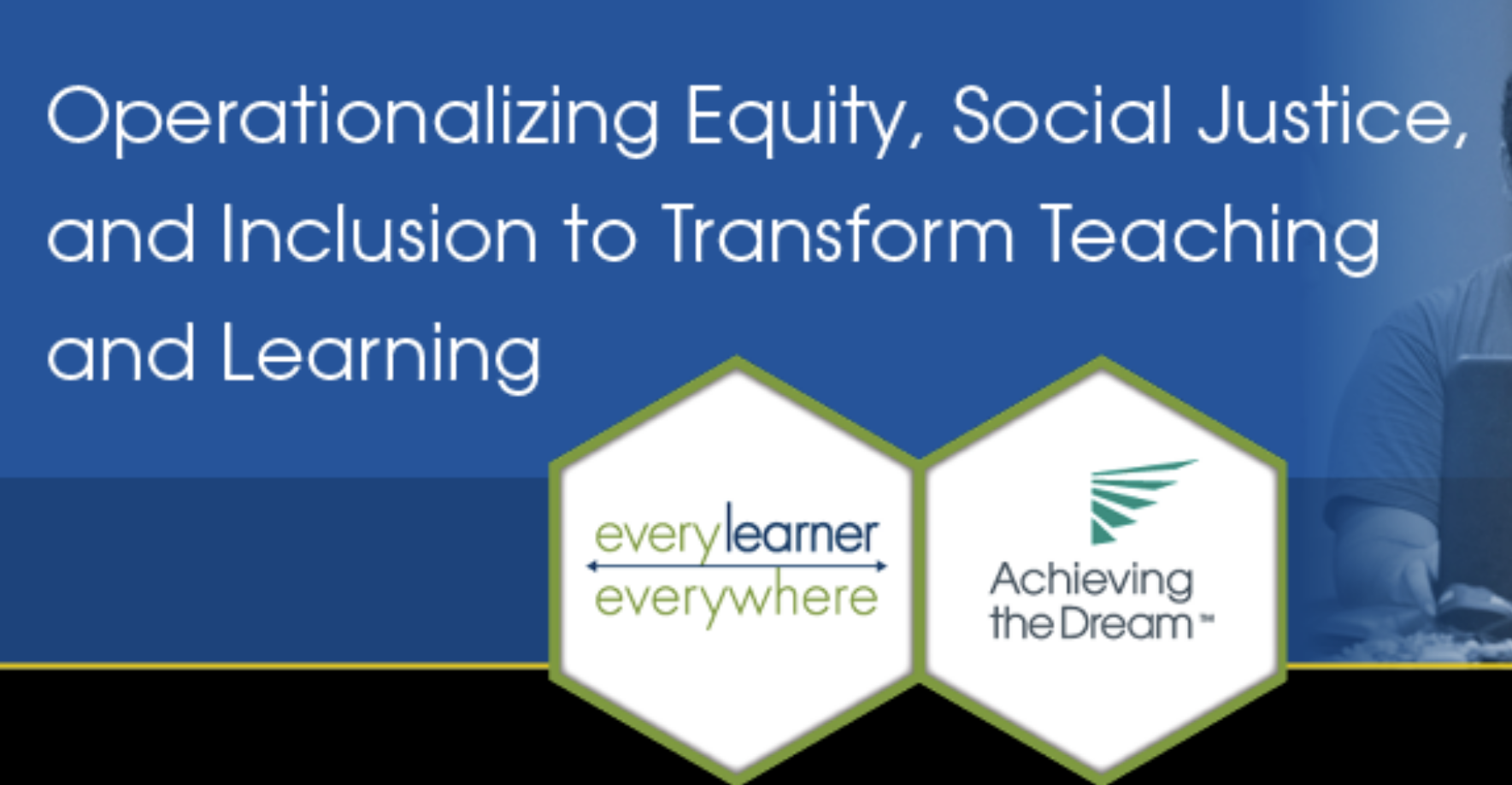
In this webinar, participants engage in dialogue and discourse with panelists about co-creating environments that support and humanize students’ academic experiences while affirming their strengths and potential in the classroom.
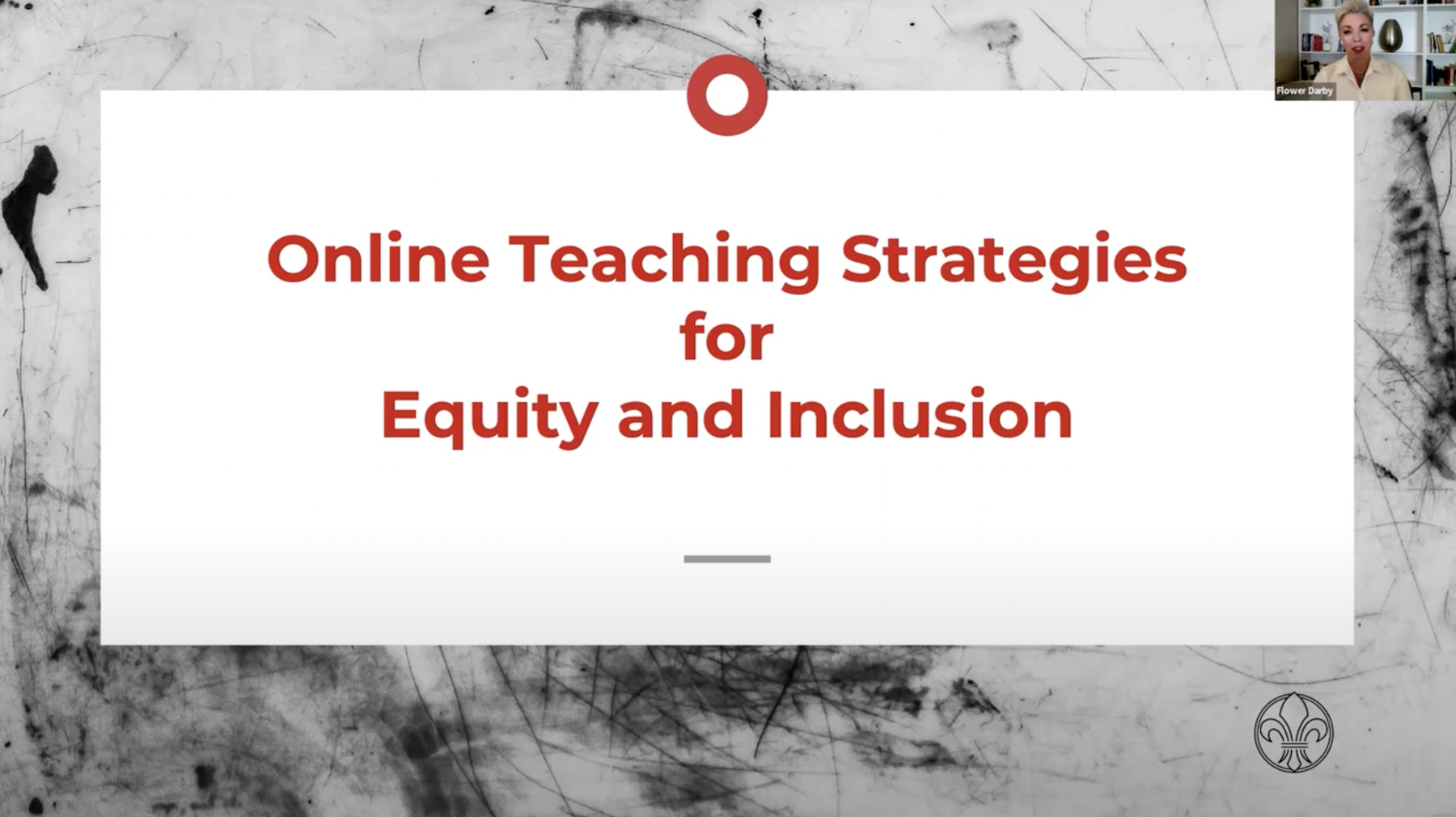
Evidence-based frameworks to welcome and support all students, regardless of their background, abilities, identities, needs, or preferences.
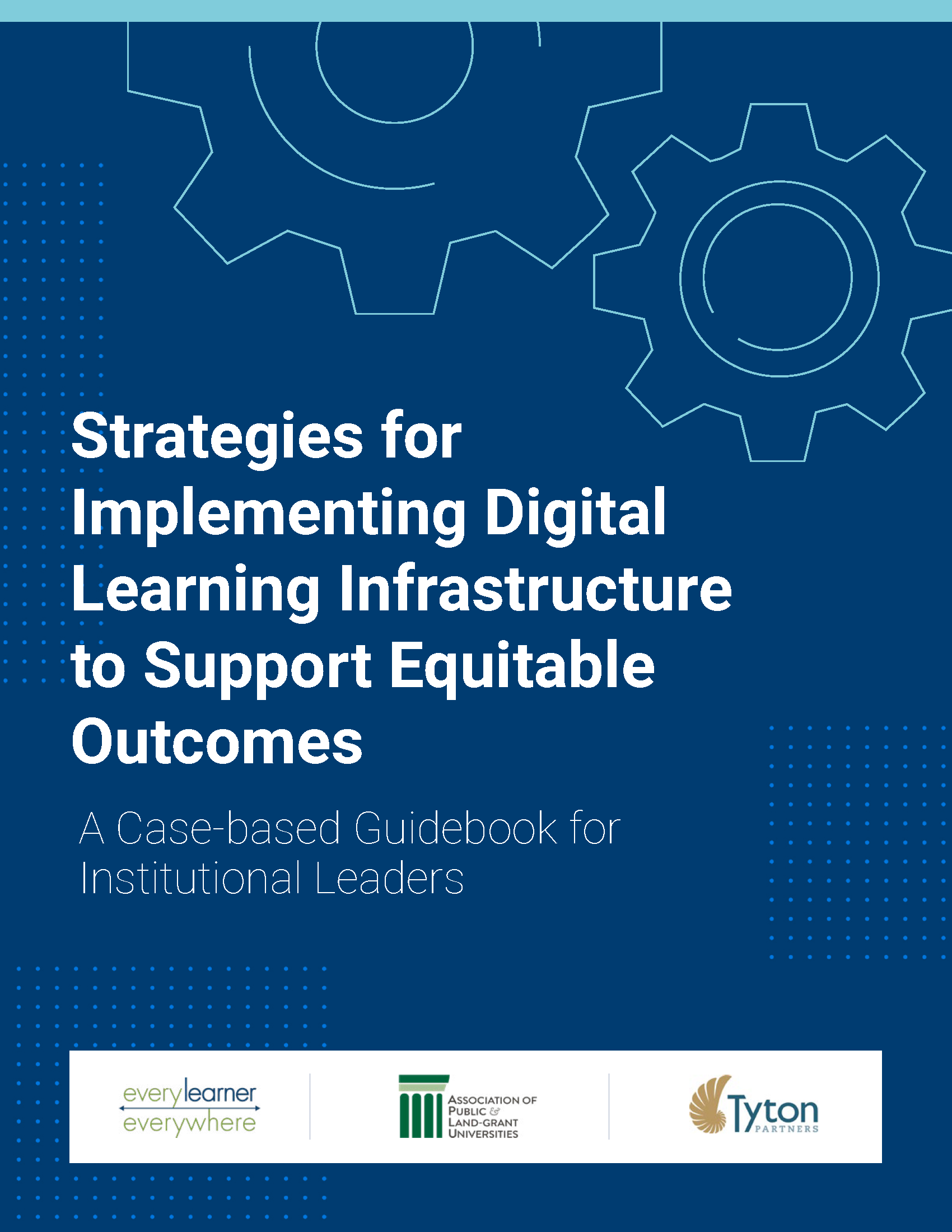
This report focuses on building the core infrastructure needed for high-quality digital learning and is designed primarily for a mid- to senior-level academic administrators including department chairs, leaders of centers of teaching and learning, technology leaders, and academic leadership.
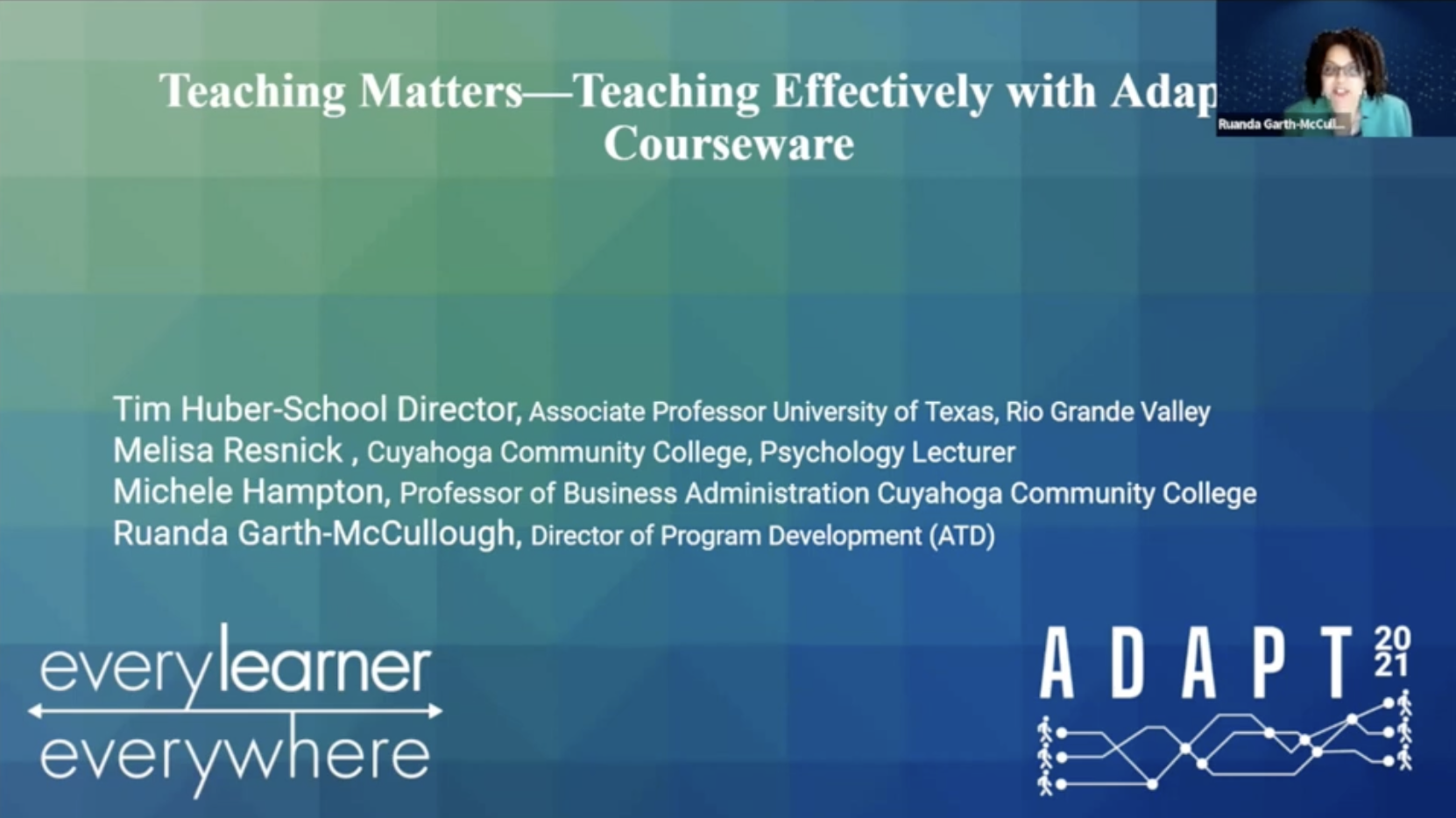
Faculty discuss course design choices and pedagogical practices that accompany the effective implementation of adaptive courseware.
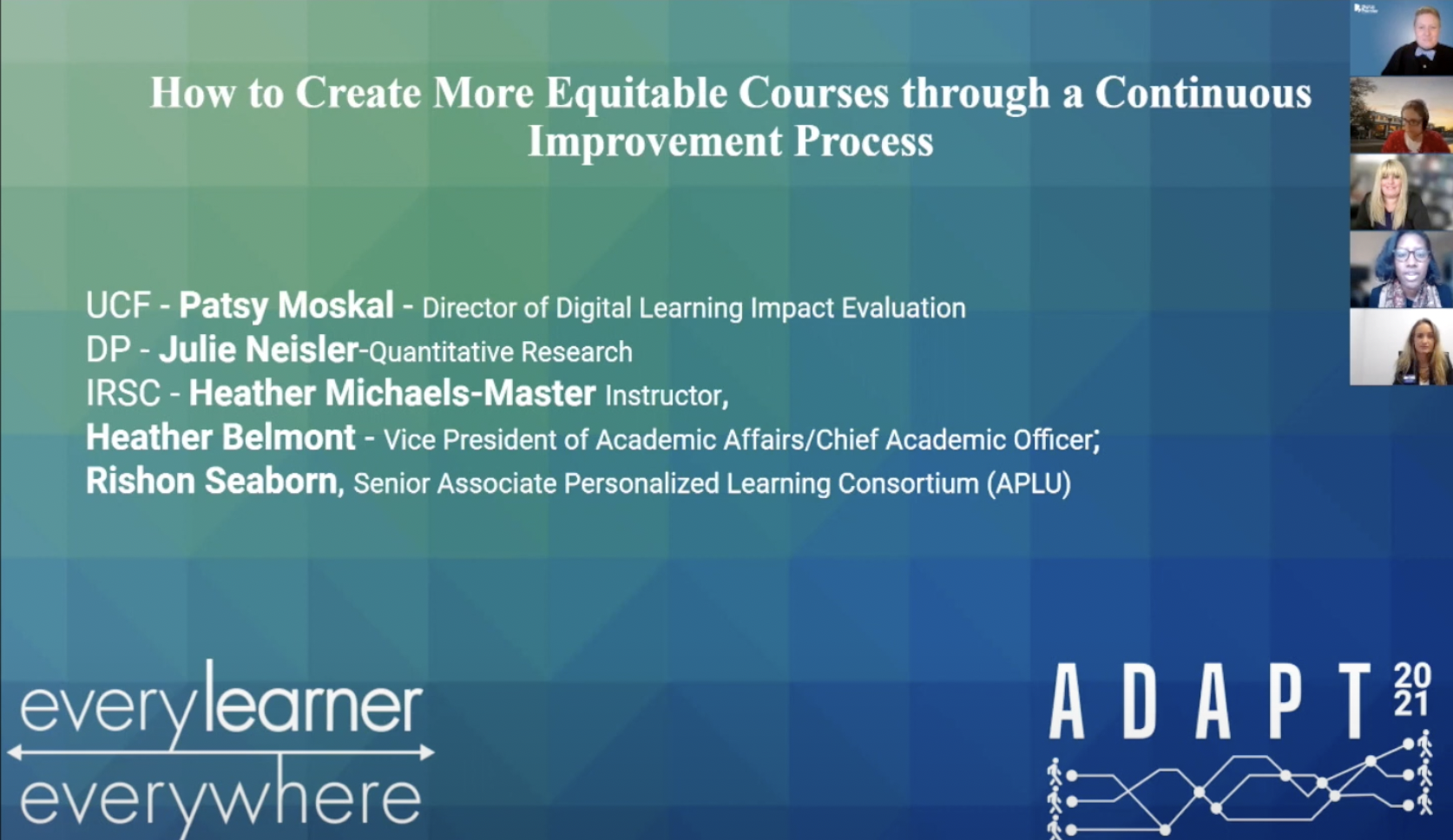
Faculty and educational researchers describe how to refine and improve courses; evaluate the impact of pedagogical changes; and center quality research design.
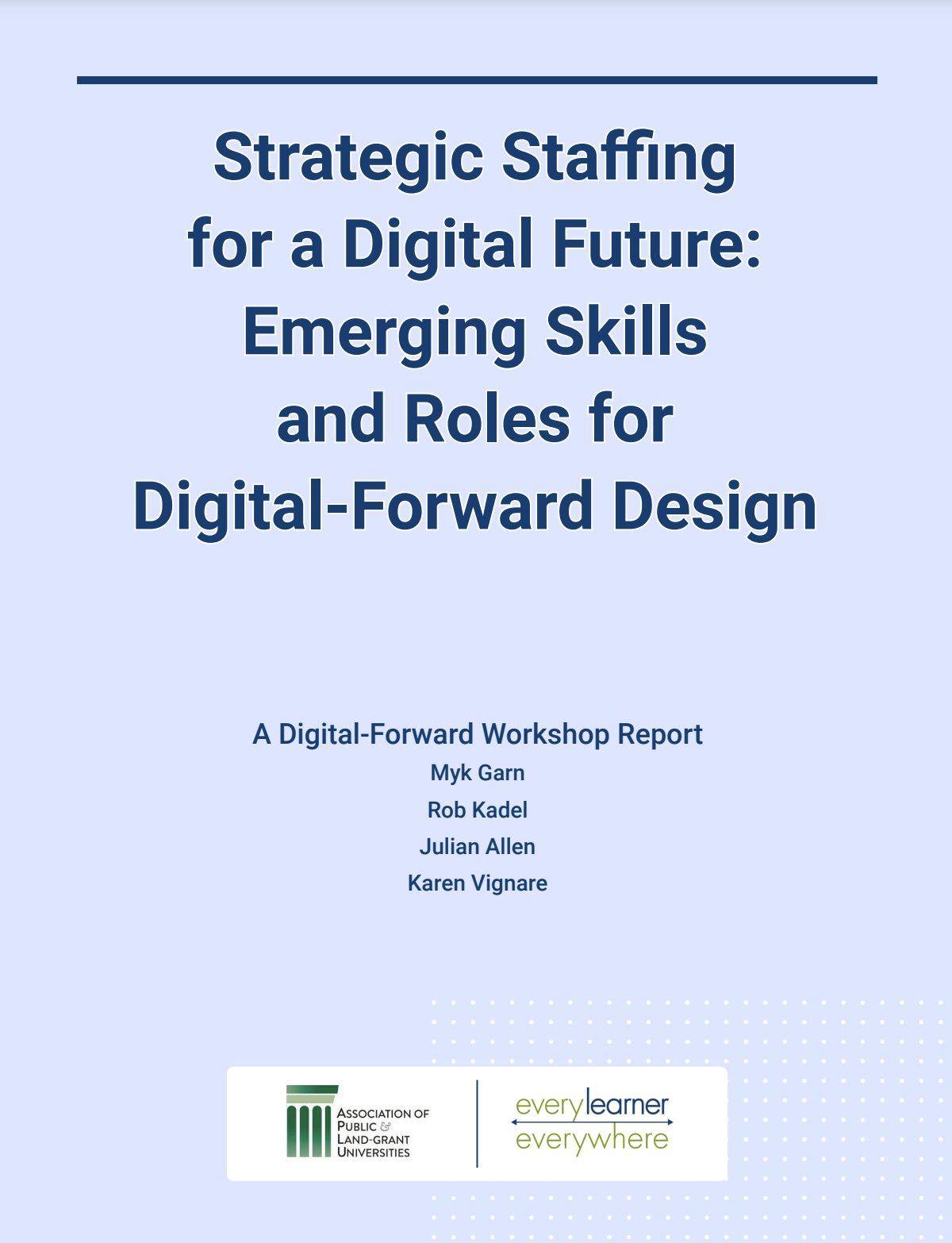
An overview of the APLU Winter 2021 Digital-Forward Skills and Roles Workshop, which identified and described emergent digital-forward skill sets and roles.
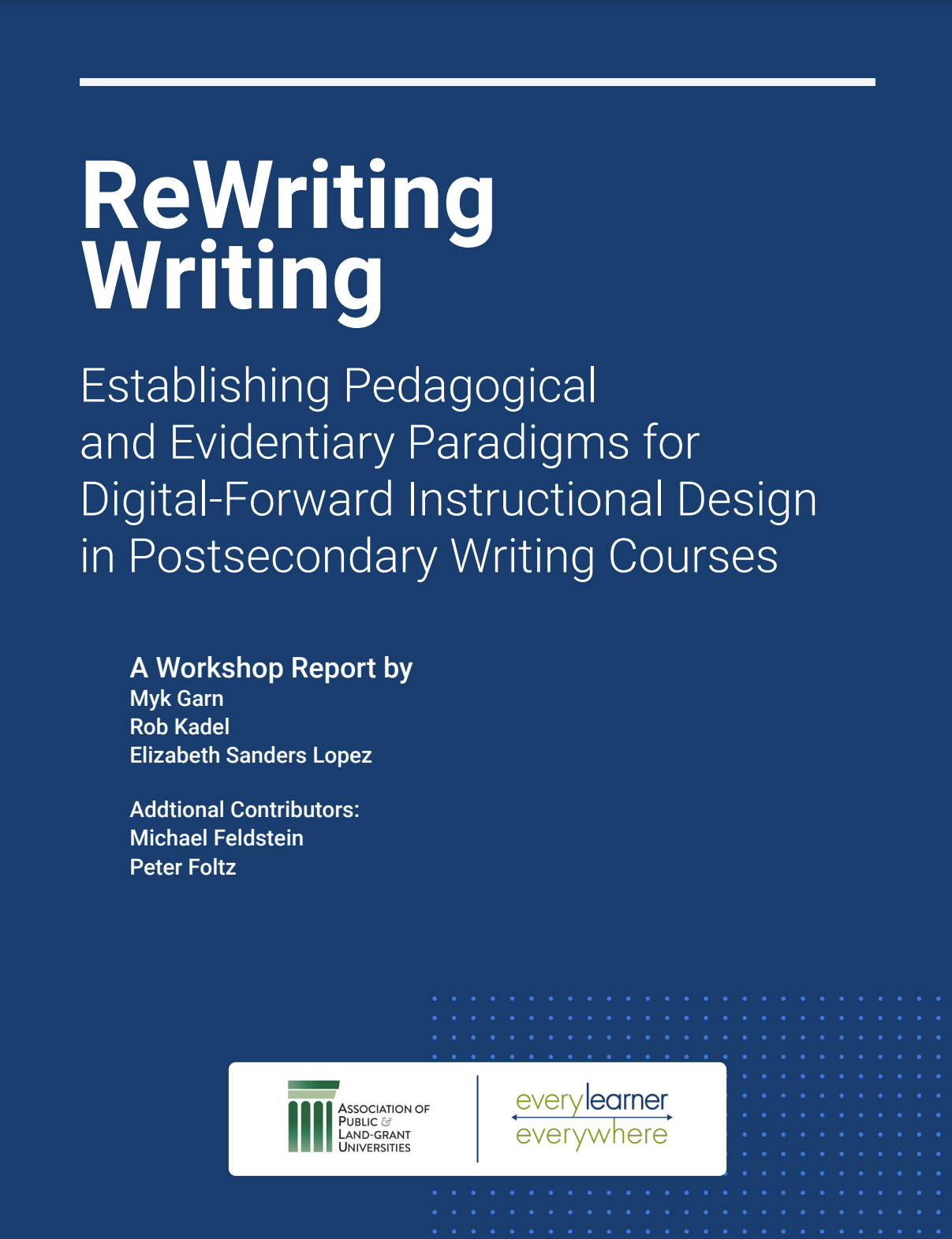
This report summarizes the work of the Re-Writing Writing workshop where we invited a diverse range of digital learning experts to bring their distributed knowledge of digital tools to a four-session virtual workshop.
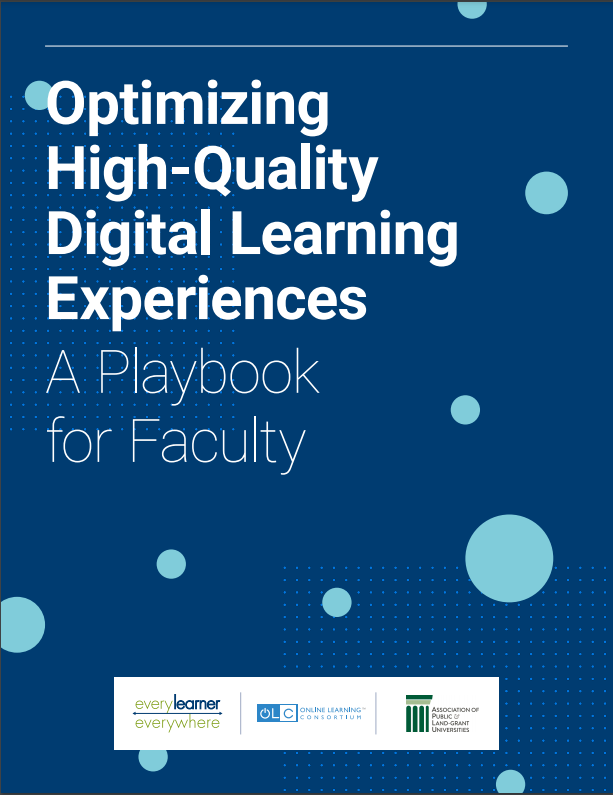
By integrating teaching and design principles, this guide assists faculty in positively impacting student learning, especially for students who are minoritized because of race, gender, disability, or socioeconomic status.
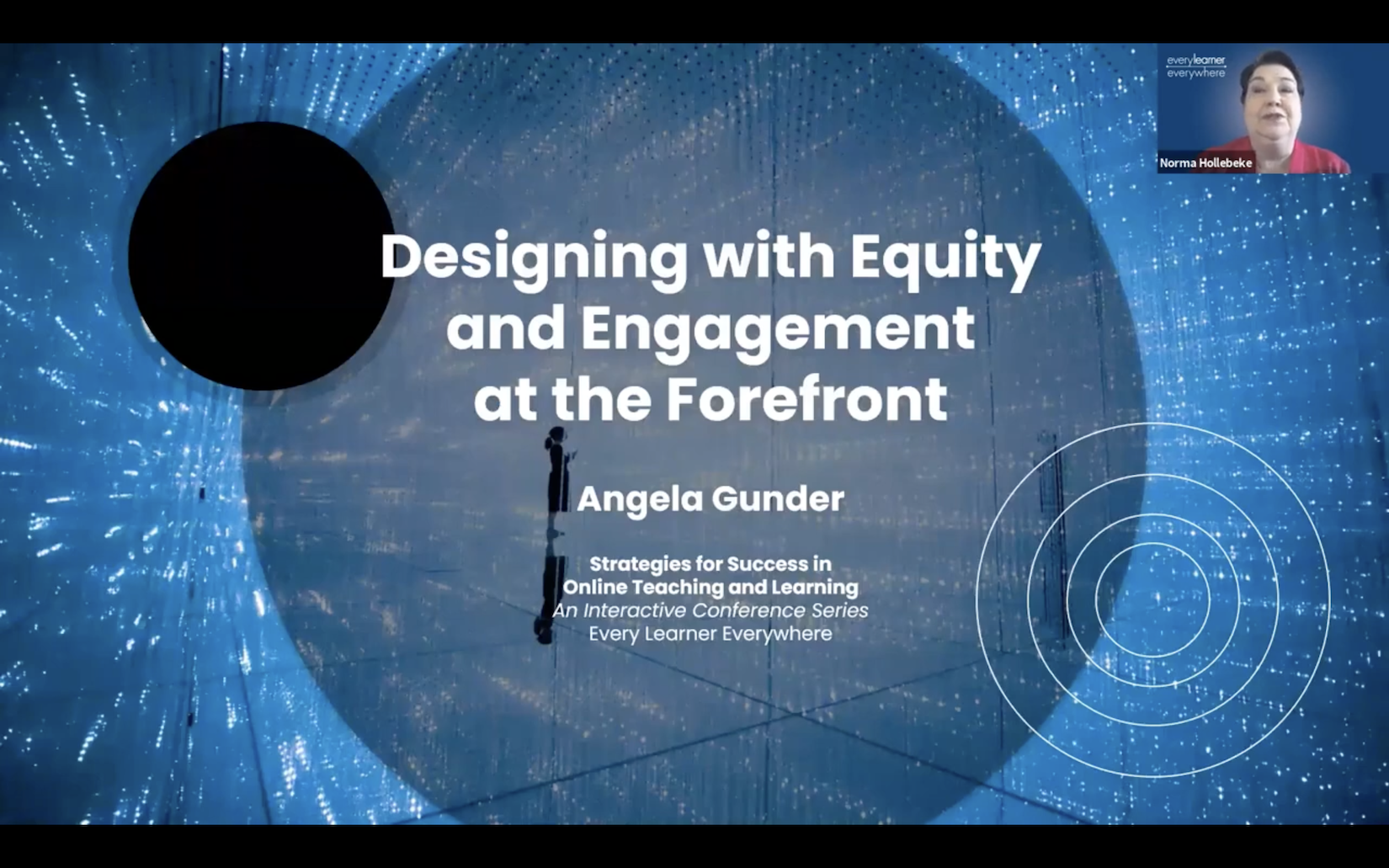
Expert insight and tips on designing online courses with equity and engagement at the forefront.
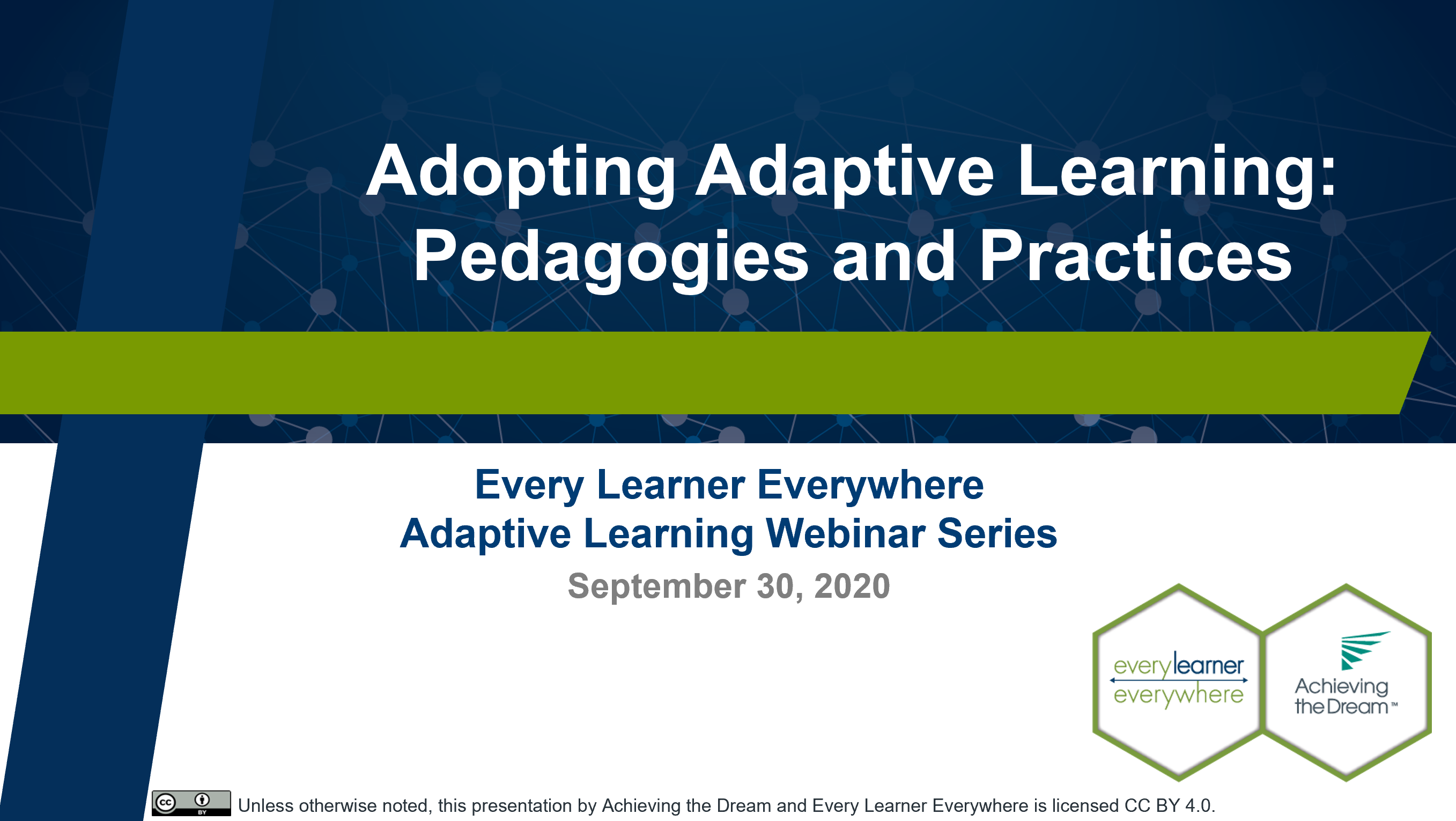
Faculty discuss how they’ve brought adaptive learning into their courses, and how it has altered teaching and learning for them and their students.

This analysis identified seven major and three secondary trends in digital learning innovation. The goal of adaptive learning and OER implementations is to advance institutional efforts in providing access and quality while improving student success.

A summary of approaches to developing and evaluating accessible and inclusive courseware

















